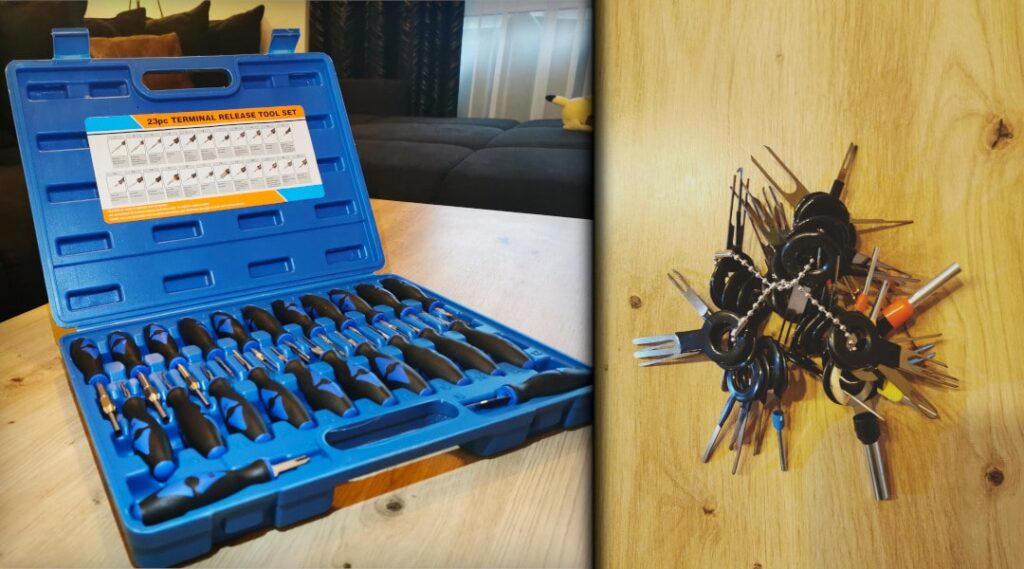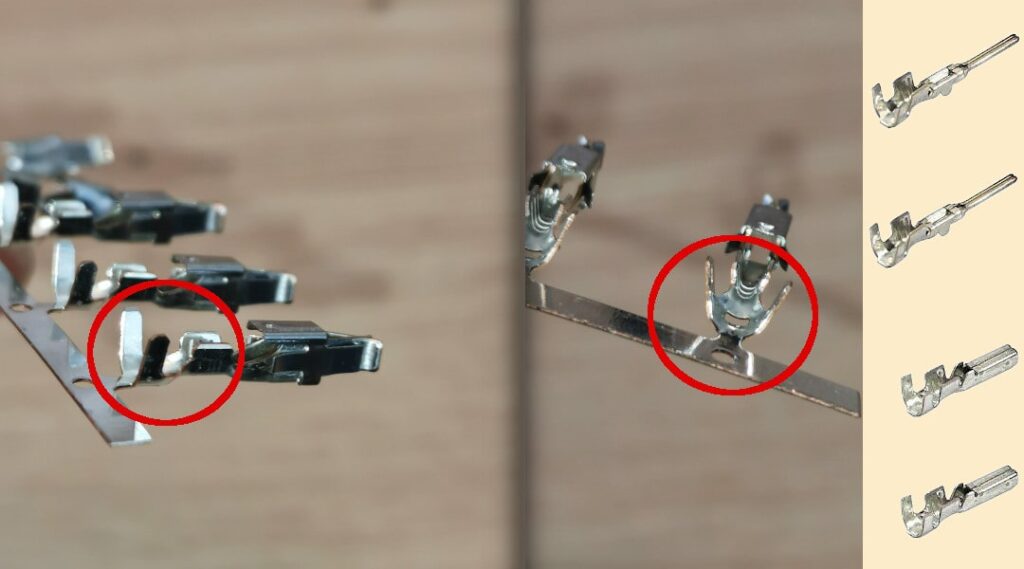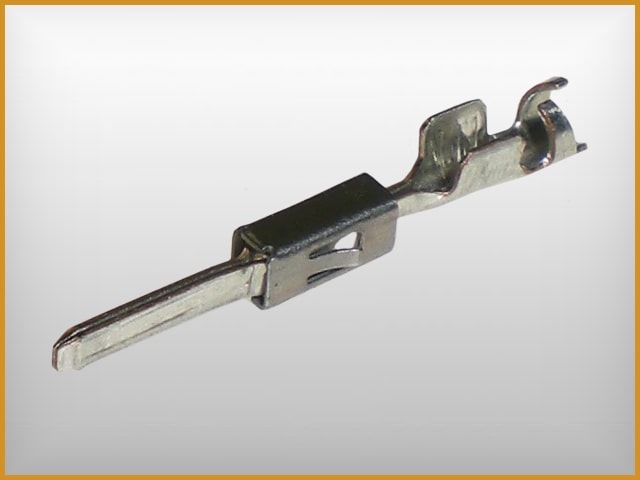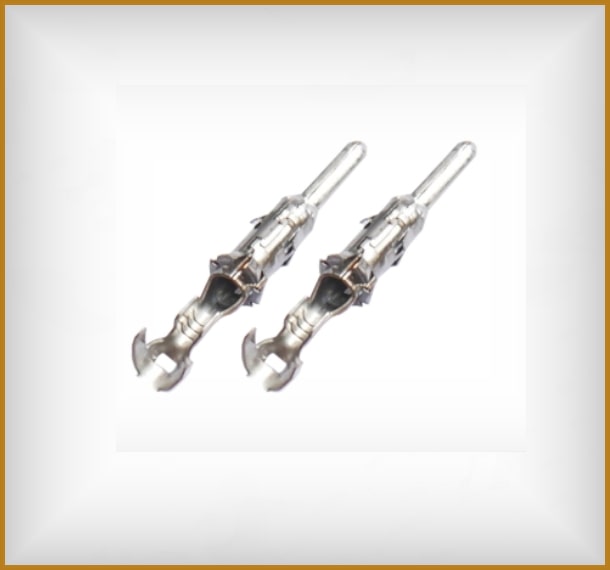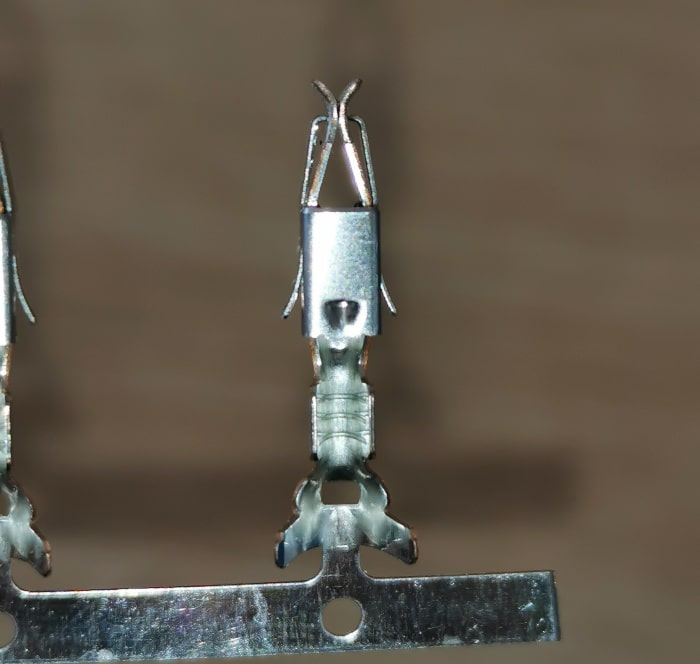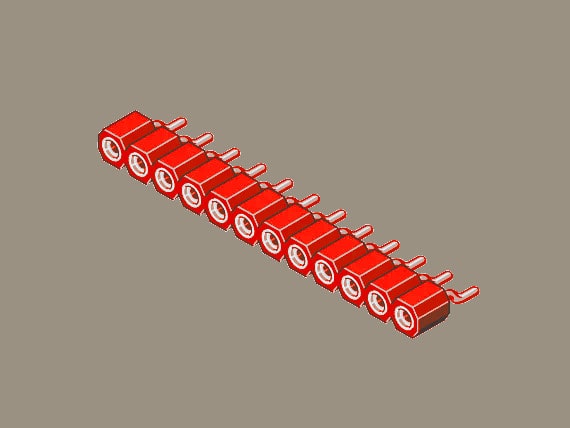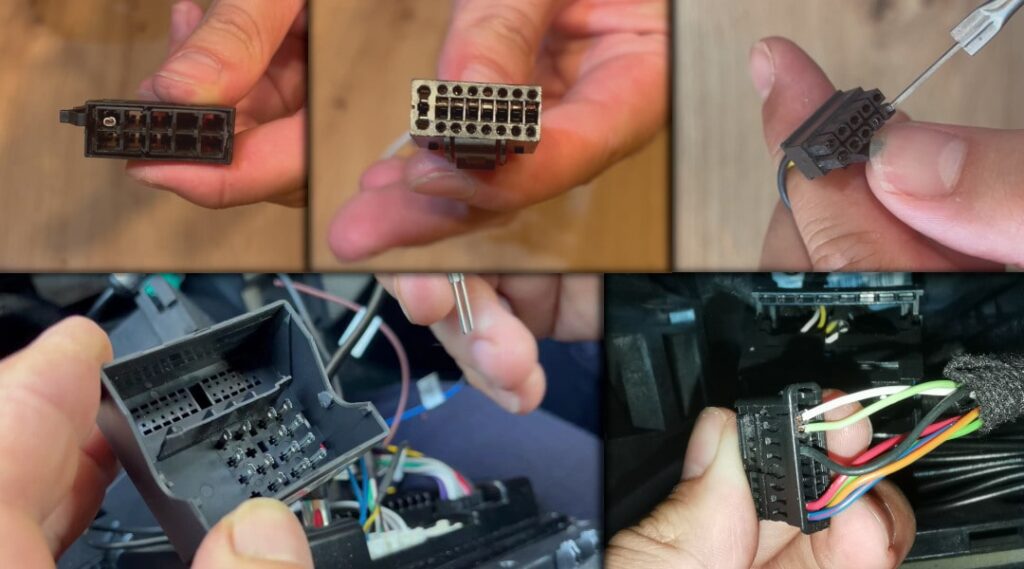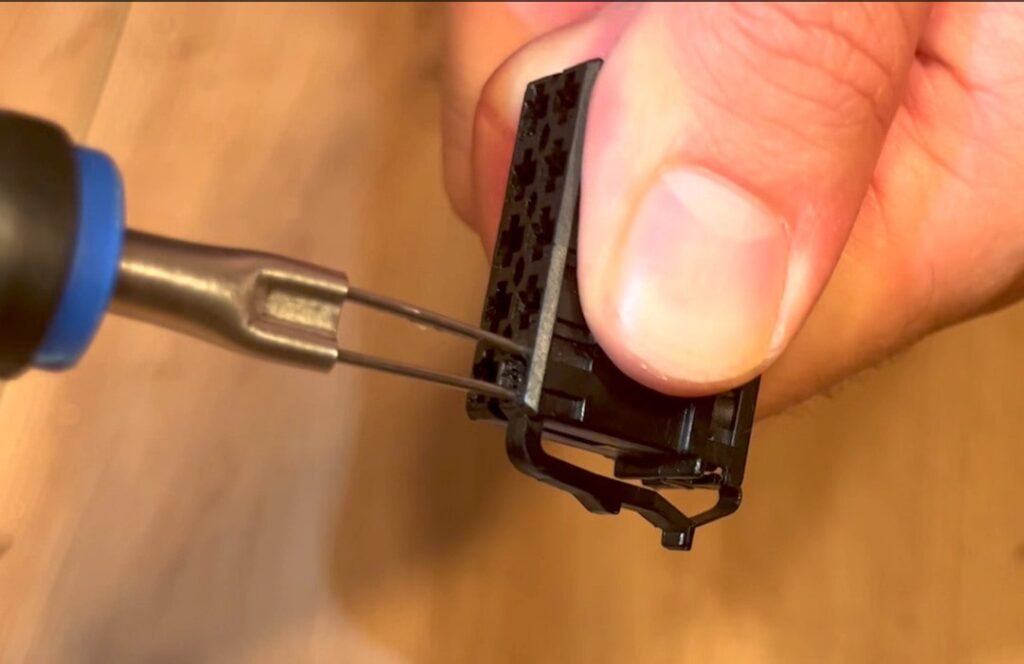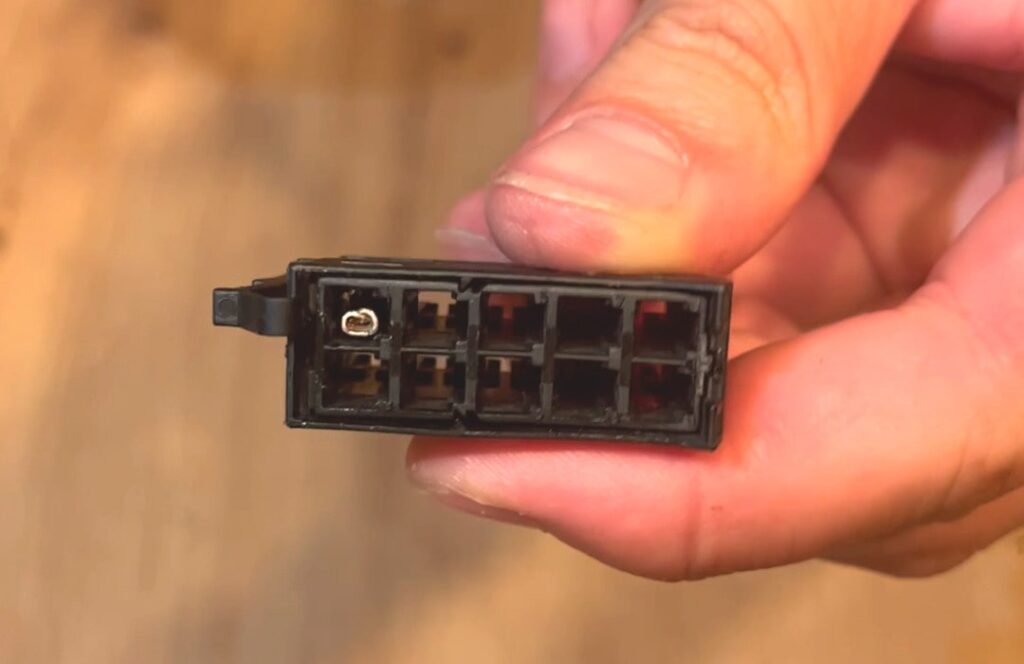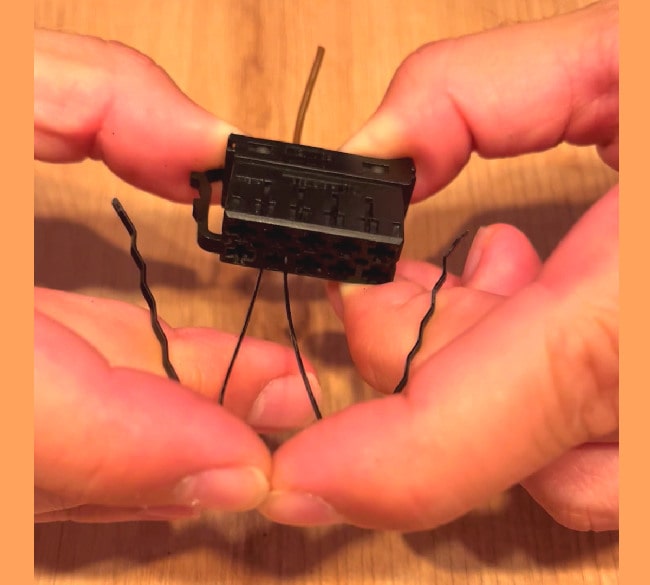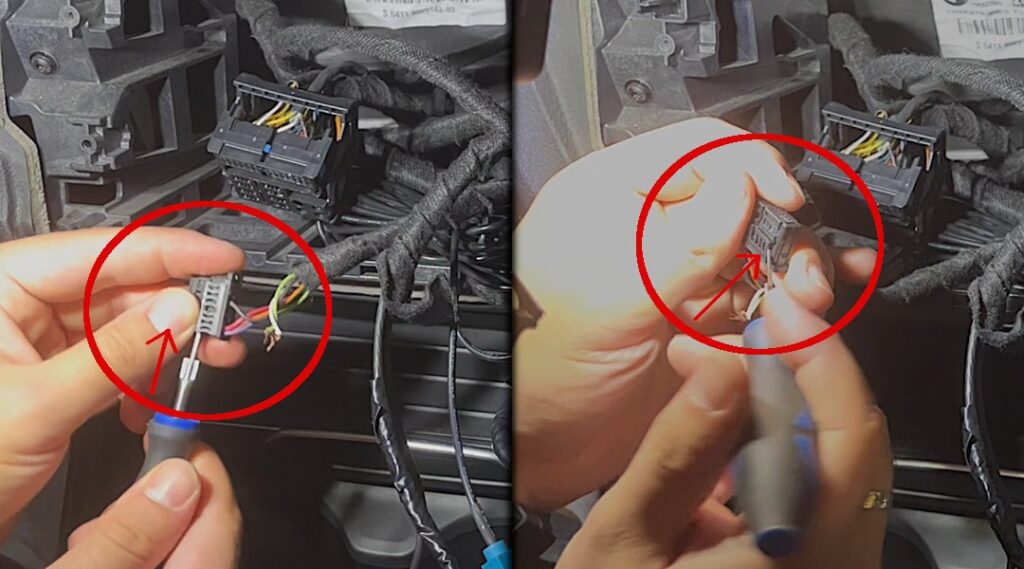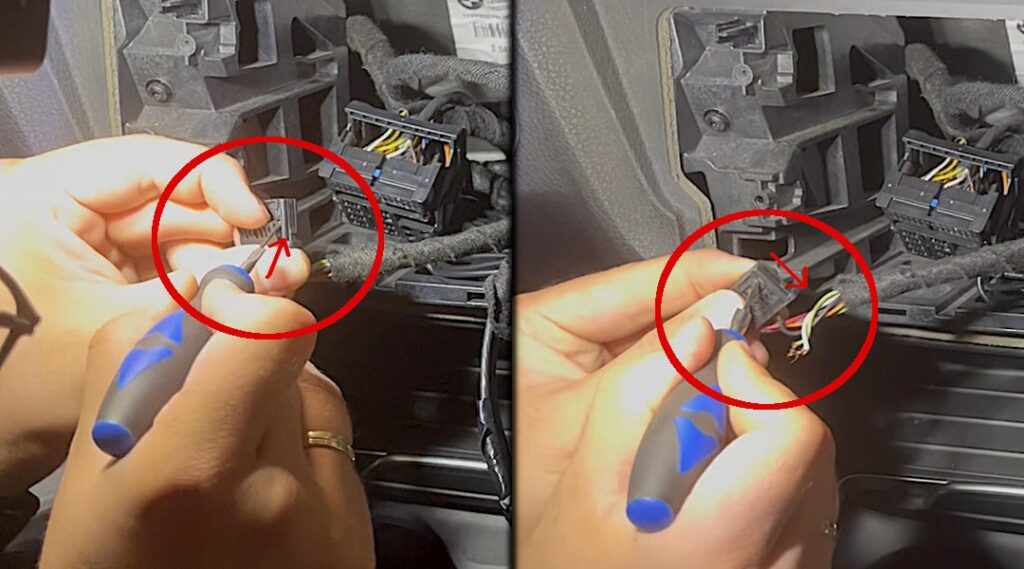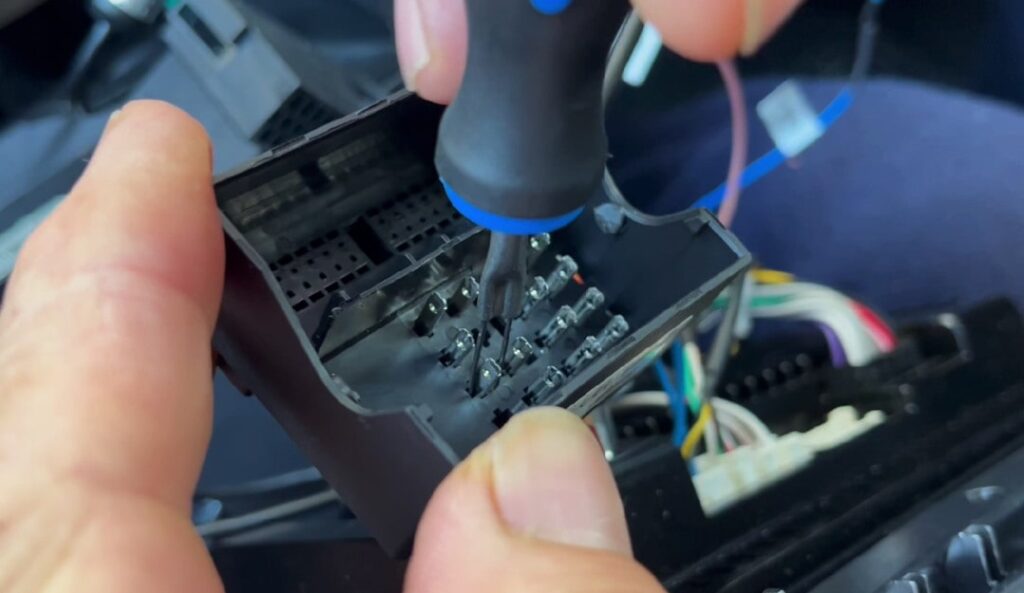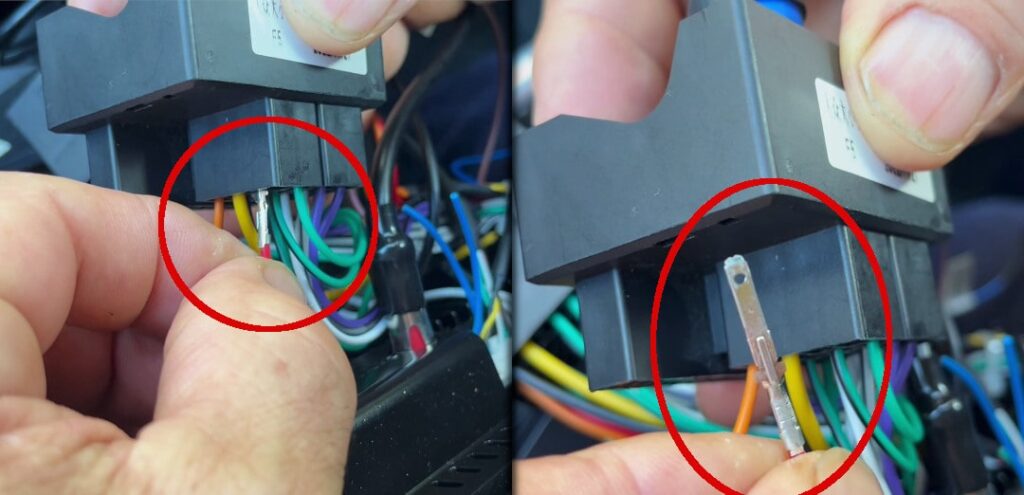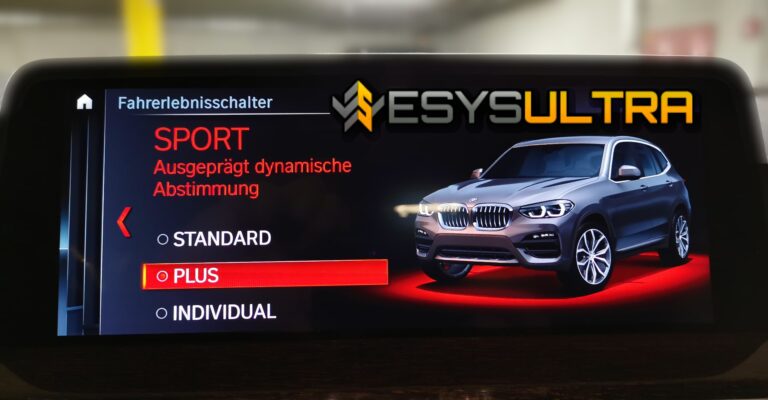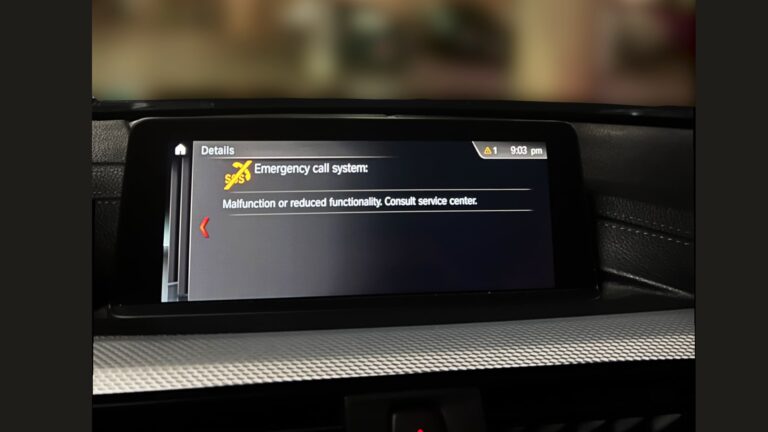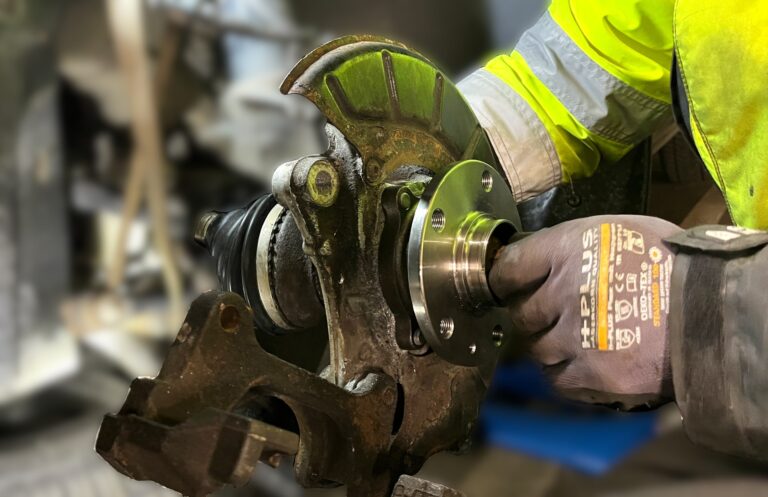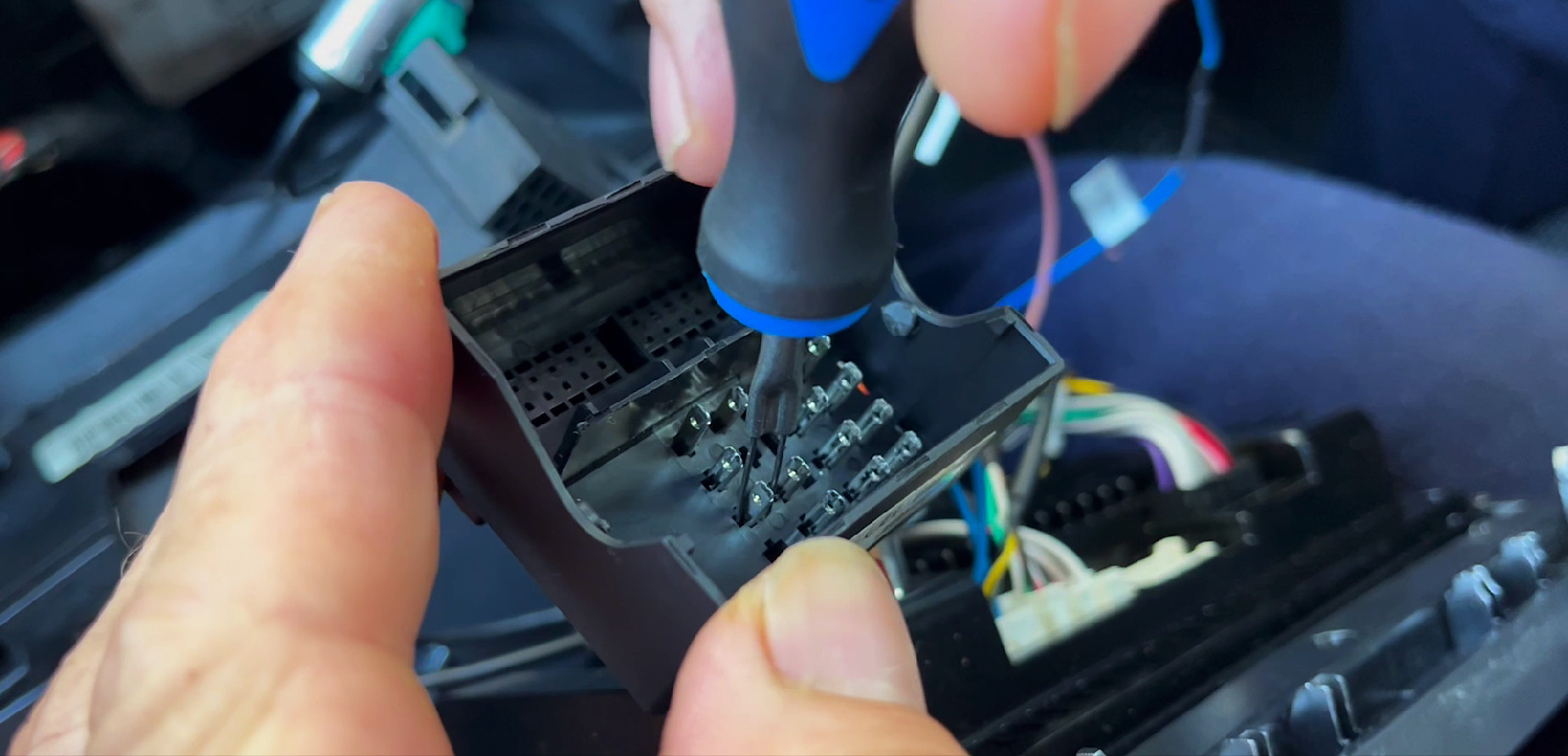
Depin Connector
How to do it right!
In this guide, we show you how to safely unpin and unlock car plugs. You will also find out which connector systems are installed in your car and which group they belong to. We also take a closer look at the topic of "Unlocking methods and tools".
1) Why you should use a Pick Tool?
Why should you even use a de-pinning tool to remove car connectors when a hairpin might also work? It's simple: It makes your life much easier! Precision is crucial when de-pinning car connectors. If you try to remove the pins with a hairpin or something similar, you risk damaging the cables or bending the contacts. This can lead to poor connections, short circuits, or defective connectors.
The unlocking tool makes it easier to release the pins and also allows you to reuse them later. Additionally, it saves you a lot of time and frustration when removing the pins. For some connections, it is even completely impossible to remove the connector contacts without a de-pinning tool.
2) Which Pick Tool should you use?
The choice of the right de-pinning tool depends on the types of connectors you are working with. For ISO connectors, you often need special spoon or tweezer tools, while AMP or DT connectors require hook tools or specialized de-pinning pliers. A good tool should have a fine tip to securely grip the pins. Most sets come with a complete range of tools.
Some even offer a table that shows which unlocking tools can be used for specific car models. We have compiled our top 3 sets in various price ranges that can be used for all types of connectors:
*Affiliate links, information in footnote or here.
3) The most common Pins in Cars
In a car (no matter what brand) you will find various types of pins and connectors. It is important to know how to handle different pin types as they require different techniques. Power supply pins are often thicker and easier to remove, while signal lines can be more delicate and require special care.
Here are the most common types of plug connectors in automotive connections, with various designs for each type:
→ Crimp contacts:
Crimp contacts are essentially all types of contacts that are crimped onto the end of a cable. These pins are then divided into further groups, which are usually manufacturer-specific.
→ Flat plug contacts:
Flat plug contacts are rectangular metal contacts with a flat surface that are inserted into a corresponding socket. These contacts have a locking mechanism to ensure they are securely anchored in the socket and do not accidentally fall out.
They are often used for power supply pins and signal lines. Flat plug contacts are widely used and available in various sizes. There is no vehicle where this type of pin is not used. For example, the Quadlock connector, which is now installed in almost every multimedia unit in cars, is equipped with special flat plug contacts.
→ Round plug contacts:
These contacts are round and are naturally inserted into round sockets. They are common in automotive connectors for signal and communication pins. You will often find round plug contacts in connections that require a higher degree of protection. Round plug contacts are most commonly used for the connectors of rear lights in cars.
→ ISO contacts:
ISO pins are square-shaped metal contacts that have two flat, angled wings at the end. The ISO pins are locked into the socket by the side wings of the metal contact. The well-known ISO connector, which is now used in almost every power supply to radios, features these exact contacts.
→ SMD contacts:
These contacts are applied to printed circuits or boards and allow a direct connection to other electronic components. They are used in modern vehicles for many electronic parts, but are usually located inside the component housing. The connection to the respective component is often still realized through various connectors.
The choice of the right connector type depends on various factors, including the type of connection, electrical current requirements, standards, and the technical environment. Engineers cannot rely on a specific type of contact for the entire car.
For this reason, it's never a bad idea to have an unlocking set* lying around in the garage or workshop. These sets are also not only useful in the automotive field but are naturally applicable in the electronics sector of various devices as well.
4) The most common Plugs in Cars
Most connector types in vehicles belong to the group of "DT connectors". Some connectors, especially in the engine compartment, belong to the "AMP connectors" group. There isn't really a significant or noteworthy difference between them. Depending on the application, either AMP connectors or DT connectors are used, with the application areas of the two groups strongly overlapping. From experience, AMP connectors are often used where higher protection from water and heat is required.
In the following list, you will find the most common types of connectors that may be present in your car. In the next section, you will learn how to identify the pins in different connectors.
5) Depin the ISO Plug
The crimp contacts of the ISO connector feature a relatively simple plug system. However, de-pinning may not always be straightforward, depending on the condition and age of the connector. This connection type has locking tabs on both sides. Please note that some manufacturers may use their own variations of ISO sockets.
Step 1:
To remove a pin from an ISO connector, you need to press the locking tabs sideways while inserting it into the socket and gently pull the pin out. Using the two-pronged de-pinning tool, insert it from the front (the plug side, not the cable side) and press the locking tabs down. When you successfully bend the locking tabs, you will usually hear a "click". At the same time, gently pull on the cable until the pin slides out.
Step 2:
Reusability: To reuse the pin, you must straighten the side tabs before reinserting it into the socket. Otherwise, the pin will not lock into the connector.
5) Depinning a BMW Connector
This BMW connector is a special type of Molex connector. More specifically, it is the OABR connection of the head unit, which needs to be repaired because two cables were torn. These connectors may have additional locks or a more complex design.
Step 1:
In this case, the connector has a plastic lock inside that prevents the removal of the pins. For this reason, you first need to unlock the mechanism with a sharp tool by simply pushing it upwards.
Step 2:
In the next step, use the thinnest unlocking tool from the set to slide the pin out. The pin itself is clearly visible and accessible through the slot on the flat side of the connector.
6) Depin a VW Plug (Quadlock-Connector)
Volkswagen vehicles also use their own connector systems. VW connectors can have various locking mechanisms that may vary from model to model. In this Passat B7, two contacts need to be repinned from a Quadlock connector (CAN-BUS). This could be necessary, for example, during the installation of an Android radio.
Step 1:
This connector has a flat spade contact pinned in place and, like the ISO connector, has two side tabs for unlocking. First, take the two-pronged de-pinning tool and insert it from the front into the socket again.
Step 2:
Push in until you hear a slight "click", and then you can remove the cable with the pin. It is less likely that the tabs will bend here, as they are "more flexible" than those in the ISO connector. Therefore, you can simply reinsert the pins into the desired position without having to bend the tabs again.
7) Conclusion
De-pinning automotive connectors requires patience, precision, and most importantly: the right tools! Using a bobby pin or a paperclip in most cases will only give you headaches or broken pins. For this reason, we highly recommend one of the mentioned de-pinning tools.
With a little practice and the right tools, you'll be able to de-pin almost 100% of all connector types in a vehicle. However, keep in mind that there will always be exceptions, and some contacts simply won't come out. In these cases, it's important to: stay calm and analyze the connector more closely. Somehow, these things always come apart!
* Affiliate links are marked with a *. When you purchase these products, we receive a small commission. In principle, nothing changes for you and the offer/price remains the same. You can find more information about affiliate links here.
More Articles
BMW Sport Plus coding: Unlocking driving mode - instructions
BMW Sport & Comfort Plus codingUnlocking driving mode - BMW coding made easy - In this guide you will learn step by step how to...
BMW Emergency Call System Error Battery Replacement | G-Series GUIDE
BMW emergency call system error? solution: change the battery! The well-known BMW emergency call system error (B7F341) occurs in many BMW vehicles, whether E-series,...
Change wheel bearing yourself - INSTRUCTIONS for VW Passat B7
Radlager selber wechselnAnleitung für VW Passat B7 In diesem Beitrag zeigen wir dir, wie du das vordere Radlager an einem…

